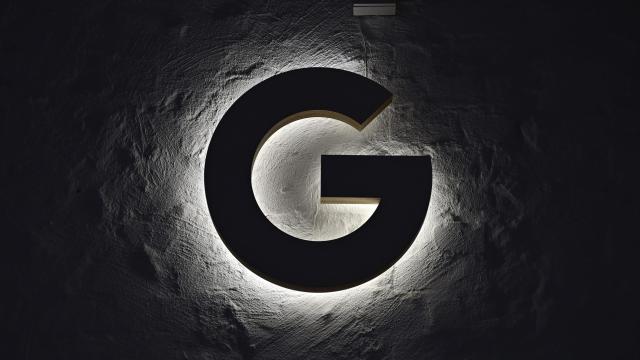It’s getting harder and harder for Google to pretend it’s not the anticompetitive bully we all know it to be. Case in point: as part of the company’s ongoing battle to fend off the largest antitrust fine ever imposed by the European Union, the company argued in an EU court on Tuesday that it’s… the most-searched-for term on Bing’s search engine. Yes, really.
“We have submitted evidence showing that the most common search query on Bing is by far Google,” Google lawyer Alfonso Lamadrid told the EU’s General Court in Luxembourg. According to Bloomberg, which first reported Google’s arguments, Lamadrid went on to note that “people use Google because they choose to, not because they are forced to.”
If this argument sounds familiar, it’s because it’s nearly identical to the talking points Google CEO Sundar Pichai used back in 2018, when European regulators first slapped the tech giant with a €4.3 billion ($7 billion) fine — the largest ever issued by the European Union. The EU’s complaint alleged that Google had abused its Android market dominance in myriad ways, including by bundling its flagship search engine as part of its mobile phone operating system.
Pichai, meanwhile, saw things a bit differently. In a blog post titled “Android has created more choice, not less,” he argued — just like Lamadrid would argue three years later — that Android users could easily switch to another search engine if they preferred, say, Bing or Brave over the Google search engine that came preloaded on their phone.
The fact that Google swallows more than 90% of search engine traffic worldwide, Pichai went on, is only because its users chose Google over those competitors.
At the end of the day though, the reason why people often choose Google is because… Google poured a ton of resources into dominating search in the early days of the internet. Back in 2000, the company had already indexed more sites than any other search engine at the time.
In 2013, for example, the company had indexed an estimated 30 trillion web pages as part of its vast network. Three years later, that number jumped up to 130 trillion pages total. And those figures have continued to skyrocket since then. As the Gigablast creator Matt Wells told The New York Times late last year: “If people are on a search engine with a smaller index, they’re not always going to get the results they want. And then they go to Google and stay at Google.” And ultimately, when Google’s the default search engine on Android and Apple operating systems alike, staying in Google’s web is that much easier.
Acquisitions of competitors and patent tsunamis have been part and parcel for Google over the last couple of decades and smaller search engines like Bing have struggled to compete. The situation is so absurd, we’re sitting here treating a search engine by Microsoft as some kind of scrappy underdog.
